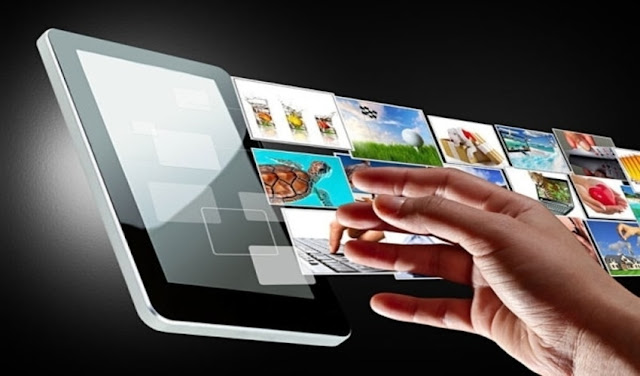Certainly! Here is a detailed definition of a computer, broken down into key points:
1. Definition: A computer is a programmable electronic device that processes data according to a set of instructions, known as software. It performs complex calculations, manipulates and stores information, and executes tasks with speed and accuracy.
2. Components: Computers consist of various hardware components, including:
a. Central Processing Unit (CPU): The brain of the computer that performs calculations and executes instructions.
b. Memory (RAM): Temporary storage that allows the CPU to access data quickly.
c. Storage Devices: Such as Hard Disk Drives (HDDs) or Solid-State Drives (SSDs), which provide long-term storage for programs, files, and data.
d. Input Devices: Allow users to provide data and instructions to the computer, such as keyboards, mice, scanners, or touchscreens.
e. Output Devices: Present processed data and information to the user, including monitors, printers, speakers, or headphones.
3. Software: Computers require software to function effectively. Software includes:
a. Operating Systems: Manage computer resources, provide a user-friendly interface, and enable interaction between hardware and software.
b. Applications: Programs designed for specific tasks or purposes, such as word processors, web browsers, graphics editors, or video games.
c. Programming Languages: Tools used to create software, allowing developers to write instructions for computers to execute.
4. Functionality: Computers offer a wide range of functionalities, including:
a. Data Processing: Computers can process large amounts of data, perform complex calculations, and analyze information quickly.
b. Communication: Computers facilitate communication through email, instant messaging, video conferencing, and social media platforms.
c. Information Access: Computers provide access to vast amounts of information on the internet, enabling research and learning.
d. Automation: Computers automate repetitive tasks, increasing efficiency and productivity in various fields.
e. Multimedia: Computers support multimedia capabilities, allowing users to create, edit, and consume audio, video, and other media content.
5. Impact on Society: Computers have had a significant impact on society, including:
a. Globalization: Computers have accelerated globalization, connecting people worldwide and facilitating global communication and trade.
b. Education: Computers have revolutionized education, providing access to online courses, educational resources, and interactive learning experiences.
c. Business and Industry: Computers enhance productivity, streamline operations, facilitate data analysis, and enable efficient management in various industries.
d. Entertainment: Computers have transformed the entertainment industry, offering multimedia experiences, gaming, streaming services, and digital content creation.
e. Social Interactions: Computers have reshaped social interactions, enabling online communities, social media platforms, and digital communication.
In conclusion, computers are sophisticated electronic devices that process data, execute instructions, and perform a wide range of tasks. They are composed of hardware components, driven by software, and have a profound impact on various aspects of society. Understanding computers helps us appreciate their significance and adapt to the ever-changing technological landscape.






0 Comments
do not use bad words or links. It will be deleted auto by bot